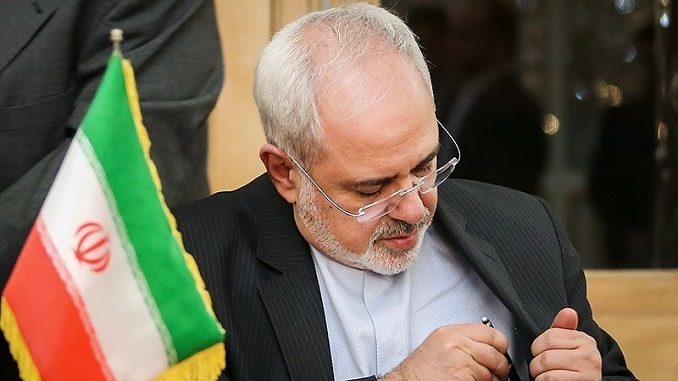Absent Iran faces detente calls from worried West and Middle East
Davos (Reuters) – Iranian foreign minister Javad Zarif skipped this year’s Davos, but Tehran was still a hot topic for many Western and Middle Eastern powers hoping for detente less than three weeks after the United States killed Iran’s top general.
Zarif, normally a regular at the World Economic Forum, cancelled on Monday, with his ministry citing programme changes. Organisers of the annual gathering in the Swiss ski resort did not comment on the reason given.
While Iran was absent from the corridors of the conference centre, there was an urge for de-escalation among those present.
Iraqi President Barham Salih said he had a productive conversation on Iran with U.S. President Donald Trump, who made few public comments on the issue while in Davos, after signalling this month he was ready to de-escalate the situation.
“We had a very candid conversation (about) the need for basically restraint, calming things down… This is not time for another conflict,” Salih said on Wednesday.
Washington blamed Qaseem Soleimani, Iran’s top general, for masterminding attacks by Iran-aligned militias against U.S. forces in the region. His killing in a U.S. drone attack left regional analysts concerned it could spark a war.
Iran responded to Soleimani’s killing by launching missiles at U.S. targets in Iraq, although it flagged that the attack was coming and no U.S. soldiers were killed.
In Davos, Saudi Arabia’s Foreign Minister Prince Faisal bin Farhan Al Saud told Reuters the kingdom was open to talks with Tehran and that “many countries” had offered to mediate.
Riyadh has accused its arch-rival of attacking its oil facilities in September 2019, an attack that briefly knocked out half of Saudi’s oil production. Tehran denies any involvement.
Saudi finance minister Mohammed al-Jadaan said Riyadh, which holds the G20 presidency role, was calling for dialogue.
“If you look at history, we in this region have managed to weather through worse geopolitical situations, including actual, real wars,” he told Reuters.
“We in Saudi have to focus on the economy and reform … We firmly believe the disputes can only be resolved by dialogue.”



